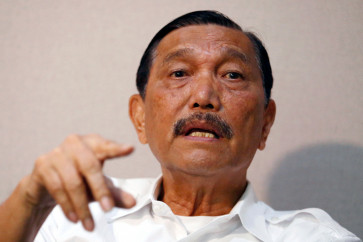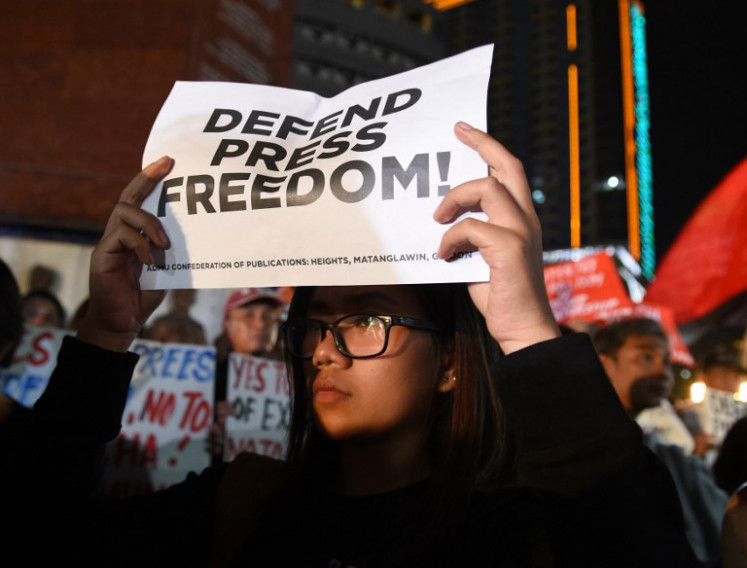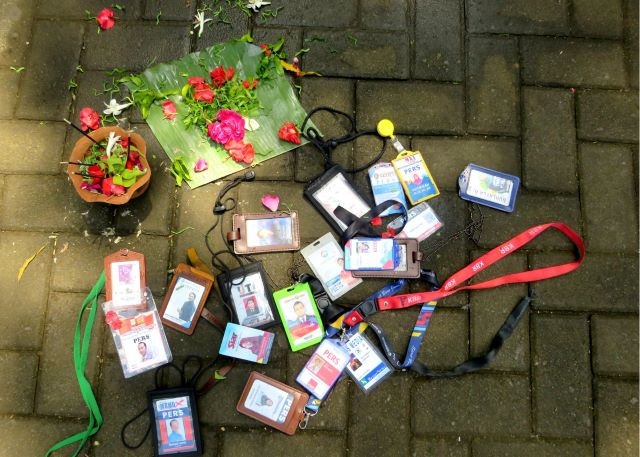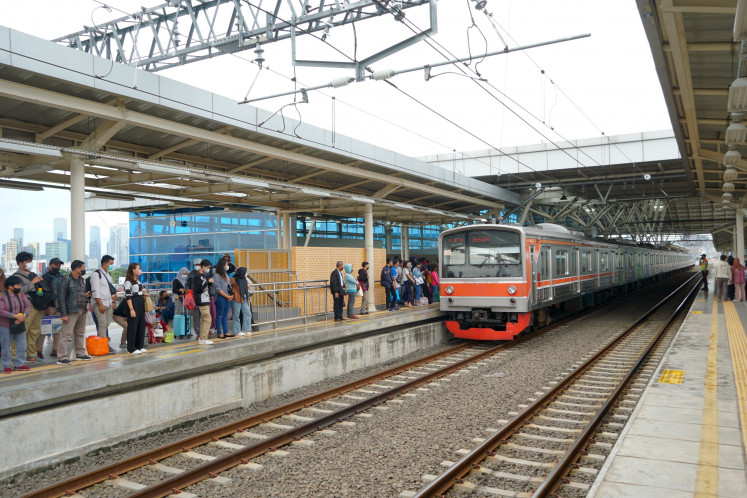Indonesia in post G20 participation
While meetings, discussions and workshops has been conducted for the past few years on biodiversity, environment, climate change and the need for sustainability, President Susilo Bambang Yudhoyono (SBY) finally took a lead by imposing a two-year moratorium on forest clearing in Indonesia
Change Size

W
hile meetings, discussions and workshops has been conducted for the past few years on biodiversity, environment, climate change and the need for sustainability, President Susilo Bambang Yudhoyono (SBY) finally took a lead by imposing a two-year moratorium on forest clearing in Indonesia.
If any implications at all, the President should be lined for the Nobel Peace Prize or a UN leadership post for sticking his neck out for a good cause. But this article is not on praising Yudhoyono, it is more on evaluating the various state level PR (media tactics) and public affairs (inter-governmental negotiations, industry and stakeholders outreach strategies) that have been put to play to better position Indonesia on the world map.
There are probably many stereotypes about today’s government strategies. Consider two of the most enduring.
First, government officials are bound to a conventional national agenda, by doing the bare minimum.
Second, at the other end of the spectrum, governments are ambitious “free agents”, loyal to their needs and their future, but not to their country.
The reality is both simpler and more complex, as our current world affairs evolve, we learn the different shapes governments are taking; from the “US-Obama Leadership Engagement” to the “Indonesia-SBY Leadership Engagement”; their approach and similarities.
The reality in Indonesia is more pleasant, evidently post G20 participation has resulted in several public affairs strategies that have fetched positive results for the country.
As for the US, the giant is still muddling with challenges on peace, democracy and environment; while ensuring economic stability and its relations with China.
The difference between the US and Indonesia strategy is that Obama is working on closing the engagement gap with the world to regain the lost leadership position, and Yudhoyono of Indonesia is working on establishing an engagement platform with the world that rests on peace, democracy and economic development to gain leadership status.
Indonesia has broken the engagement code with its international participation and public affairs strategy. Given the right opportunity and resources, the government is set to carry out bigger challenges.
Now that Indonesia has broken the code, perhaps most noteworthy is that Indonesia wants to do more, but they must ensure that they see a clear and measurable return of their efforts.
The pitfalls for Indonesia on the public affairs front is the region is not engaged — at least not to
the extent that Indonesia needs their neighbors to be in order to drive results.
As a public affairs practitioner, the Indonesian public affairs initiative is a good move to re-position Indonesia once again displaying leadership in world affairs such as environment, peace, democracy, antiterrorism; all of which Indonesia has been on the driving seat within ASEAN region for the past years.
The pre-requisite public affairs agenda of a country rest on three things: National interest vis-a-vis international pressure, peace, environment and democracy and economic development. How does a country conduct its public affairs initiatives while ensuring the above agenda objectives are met with the pressure of the international affairs and business issues?
Indonesia’s high-profile participation at the G20 meeting has raised the bar for this country to flex its muscles and take a broader leadership function at answering the world affairs challenges.
It has provided this government with an opportunity to reiterate Indonesia into the map of the world as the emerging leader in Southeast Asia; and through various “public affairs” strategies at the national and international level, Indonesia has scored good marks in closing the engagement gaps.
The Center for a New American Security released an indepth report assessing President Obama’s global engagement strategy today. It writes: “While the Obama administration has achieved its initial objective of ‘re-starting’ America’s relationship with the world, it
has struggled to capitalize on its early promise and so far has failed to make lasting reforms necessary
to ensure public engagement strategies further key national security objectives.”
In contrast, Indonesia’s engagement strategy rests on the country’s stakeholders outreach (the international and regional organizations, the players at world affairs and agenda and business community), which has taken the country to a positive footing on the world map.
While the US continues with its policy reform to regain lost trust, Indonesia continues with its policy reforms to attract investment and garner respect on world affairs.
Indonesia’s ambition is to lead the region and become a key player in the world agenda, and it is using the public affairs strategies and initiatives to reach its objective.
The writer is a lecturer and consultant on public affairs issues of ASEAN, and president director at ASEAN Outreach®.









